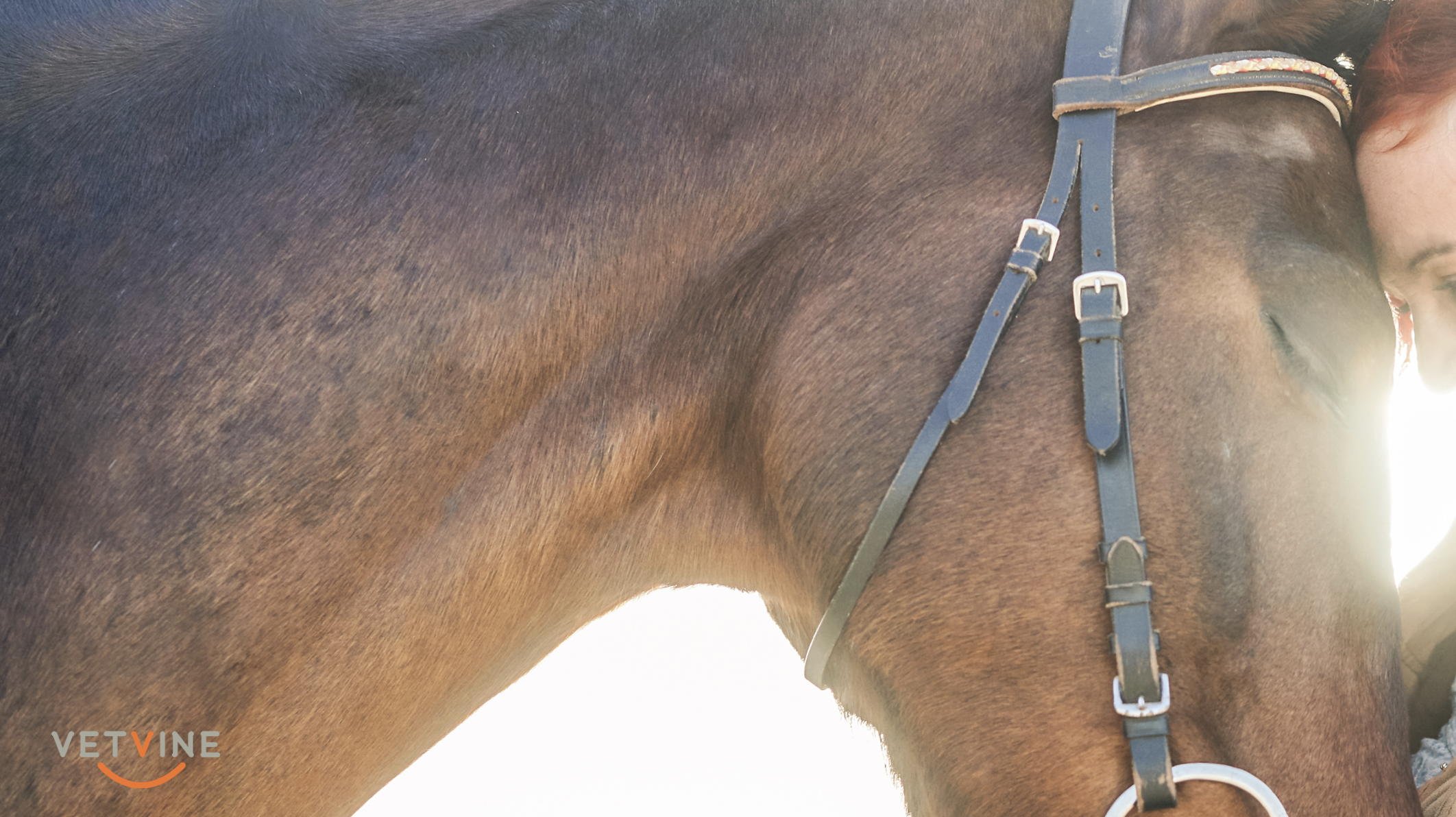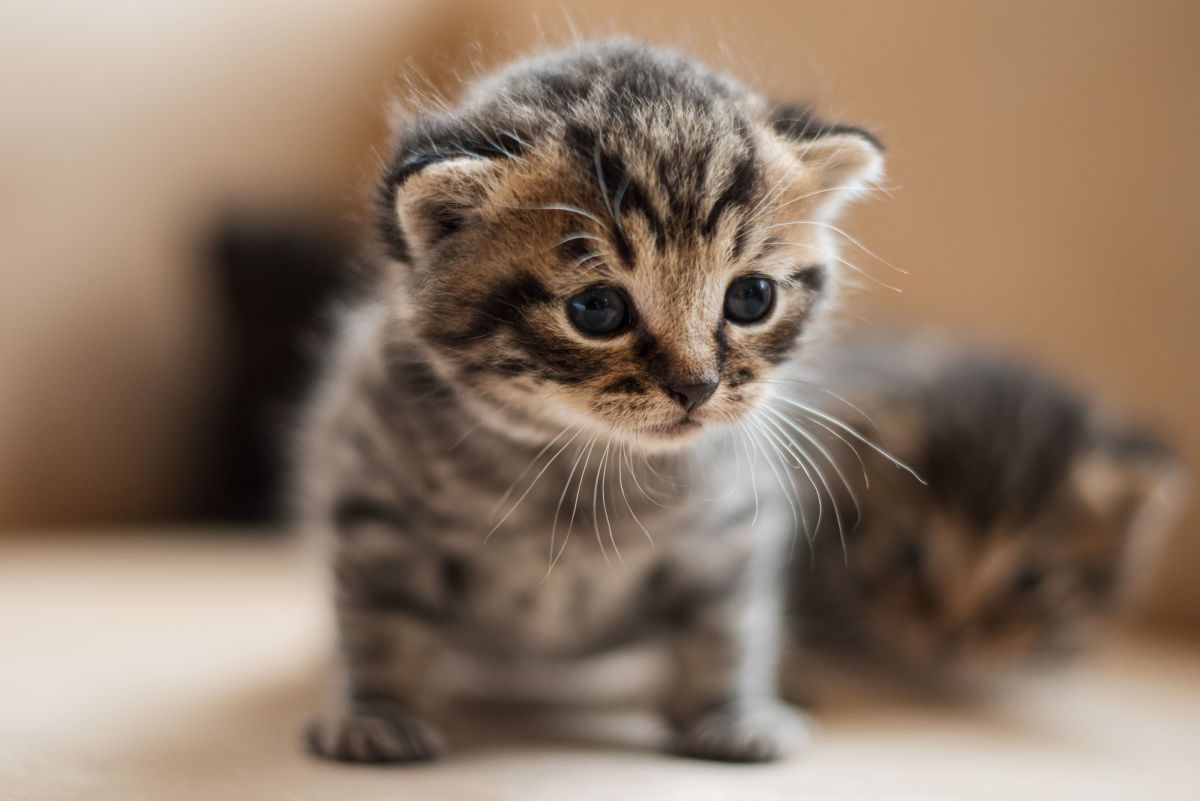Pet Health Articles
 16 Apr
16 Apr
Amaryllis This is a pretty, bright red, long-stemmed flower that looks like the Christmas version of a Lily. This plant contains Lycorine and other toxins that, if ingested, can cause increased salivation, vomiting, diarrhea, loss of appetite, abdominal pain, lethargy, and tremors in pets. Ch...
 16 Apr
16 Apr
Most of us cook with these flavorful goods, but what’s good for us isn’t always good for our pets. Onions, garlic, and chives are part of the Allium genus of plants, which also includes leeks, shallots, and scallions. All of these foods (and their derivatives) ca...
 18 Apr
18 Apr
One of the harmful consequences of the human use of illicit drugs is the unintentional exposure of pets. A pet's exposure to cocaine can be deadly. Cocaine is a powerful and addictive stimulant that directly affects the brain It is derived from coca leaves It is the second most common...
 20 Apr
20 Apr
Tempted to share your holiday feast with your pet? It's important to remember what's safe and what should be avoided. Foods to consider sharing should be low fat (no butter or sauces) and unseasoned whole foods. Although anything that your pet is unaccustomed to could cause an upset stoma...
 17 Apr
17 Apr
Diabetes mellitus is a condition that develops when the body is not capable of producing enough insulin or cannot respond to it the way it should - even if the production of insulin is sufficient. Insulin is a hormone that allows the body to take in glucose for energy and it is produced by the pancr...
 22 Apr
22 Apr
Birds have always been and will continue to be popular pets. There are over 8 million pet birds in the United States alone. They are beautiful, intelligent and relatively easy to care for if you have the know-how. Here are some tips on pet bird ownership, health and the best ways to care for them....
 21 Apr
21 Apr
Diabetes mellitus is a condition that occurs when the body is not capable of producing enough insulin or cannot respond to it the way it should, even if the production of insulin is sufficient. Insulin is a hormone that allows the body to take in glucose for energy. It is produced by the pancreas' i...
 21 Apr
21 Apr
Approximately 54% of dogs and cats in the United States are overweight or obese. Obesity can contribute to or complicate the treatment of many other diseases and conditions in pets including high blood pressure, diabetes, blood lipid disorders, osteoarthritis and intervertebral disk disease, ur...






